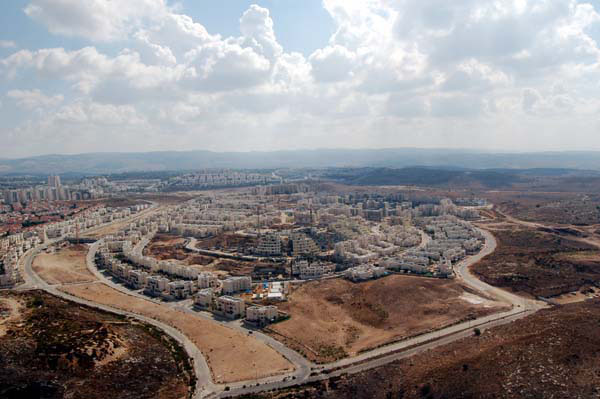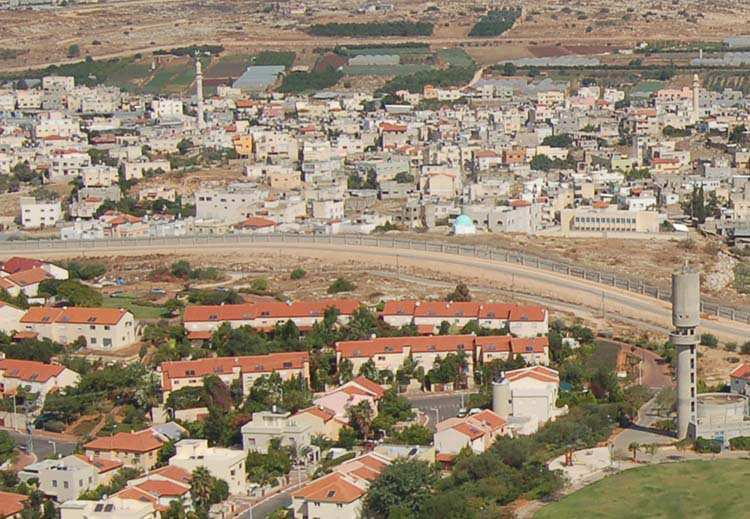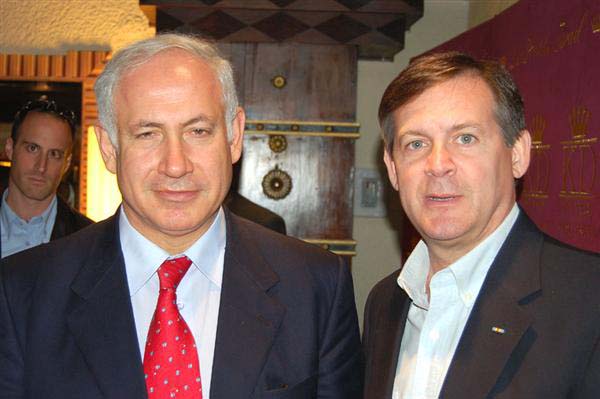 France's Sarkozy, America's Obama and the UK's Brown
France's Sarkozy, America's Obama and the UK's Brown
The much-awaited P5+1 (the five permanent members of the United Nations Security Council plus Germany) talks with Iran are set to begin in Geneva on Thursday, October 1. I note that the Obama Administration is already attempting to lower expectations before the talks start. That's probably a smart thing to do - the chances of anything positive coming out of these talks is remote.
In a press conference, Obama's spokesman reiterated that although the Iranians have said their nuclear enrichment program is not a topic of discussion for these talks, the United States intends to raise it. A State Department spokesman went on to say that the President was not in a hurry to impose further sanctions on Iran, that the Administration was not going to make a "snap judgment" in the wake of Thursday's talks.
Not make a snap judgment? How much time are we willing to give the Iranians before at the minimum imposing some real sanctions? This looks very much like our earlier approach to North Korea - talk, negotiate, impose ineffective sanctions, verbally threaten, etc. Then act surprised when either the Iranians detonate a nuclear device or Iranian President Ahmadinejad announces that they have developed a deliverable warhead for their medium range ballistic missiles? Then there's no reason to negotiate - just watch the unavoidable proliferation as nations in the region seek their own capability, realizing that the United States is no longer going to protect them.
Iran's Shahab-3 is capable of striking targets in Israel or American military bases in the Middle East. They are the world's major supporter and practitioner of terrorism. They are supplying, funding and training groups that are killing American troops in Iraq and Afghanistan. How much longer are we going to wait until we actually do something?
The Iranians continue their demonstrably successful nuclear policy. Despite being under three rounds of sanctions imposed by the UN Security Council, the centrifuges at Natanz and who knows where else continue to spin, continuing to enrich uranium unimpeded. They have accurately assessed the international coalition against them as weak and feckless - they know full well that Russia and China are not likely to allow the imposition of serious sanctions against them, just as they know the Obama Administration is so confrontation-averse that - rhetoric to the contrary - there is no military option on the table.
The Iranians are having a bit of sport with this. It fits into their strategy of delay, appear to talk, delay, agree to talk some more, all the while continuing to enrich uranium. Ahmadinejad said that the upcoming talks will be a "test" of the group's "respect for Iran's rights." He also said the talks give an "exceptional opportunity for US and a few European countries to correct the way they interact with other world nations." Are we to thank them for this unique opportunity?
At the same time, according to British and Israeli intelligence, the Iranians are refining the design of a warhead for their missiles. U.S. intelligence still clings to the ridiculous assessment that Iran stopped its weapons program about five years ago and has not restarted it. I don't know of anyone - President Obama included - that believes the U.S. assessment.
Until Russia and China agree to tough sanctions on Iran's energy sector, any other sanctions will be as ineffective as the current sanctions regime. Neither of the two countries are likely to agree to tougher sanctions - Russia has lucrative energy and military contracts with Iran, while China is a major consumer of Iranian oil and a major supplier of Iran's refined gasoline and diesel.
So where are these talks taking us? The Iranians have outmaneuvered us. Our choices now:
- a. accept the fact that Iran is going to have a nuclear weapon and plan for that eventuality, including the new arms race in the region, or
- b. take military action, or support Israeli military action. That's not going to happen with this White House and Pentagon.
I guess it's Plan A.

 That realization prompted some interesting comments from former National Security adviser Zbigniew Brzezinski. Brzezinski served under Jimmy Carter and was instrumental in several policy debacles - Iran's 1979 takeover of the U.S.Embassy in Tehran, the botched rescue attempt at Desert One and the virtual dismantling of the Central Intelligence Agency's Clandestine Service. We have yet to recover from the damage done to our human intelligence capability.
That realization prompted some interesting comments from former National Security adviser Zbigniew Brzezinski. Brzezinski served under Jimmy Carter and was instrumental in several policy debacles - Iran's 1979 takeover of the U.S.Embassy in Tehran, the botched rescue attempt at Desert One and the virtual dismantling of the Central Intelligence Agency's Clandestine Service. We have yet to recover from the damage done to our human intelligence capability.













